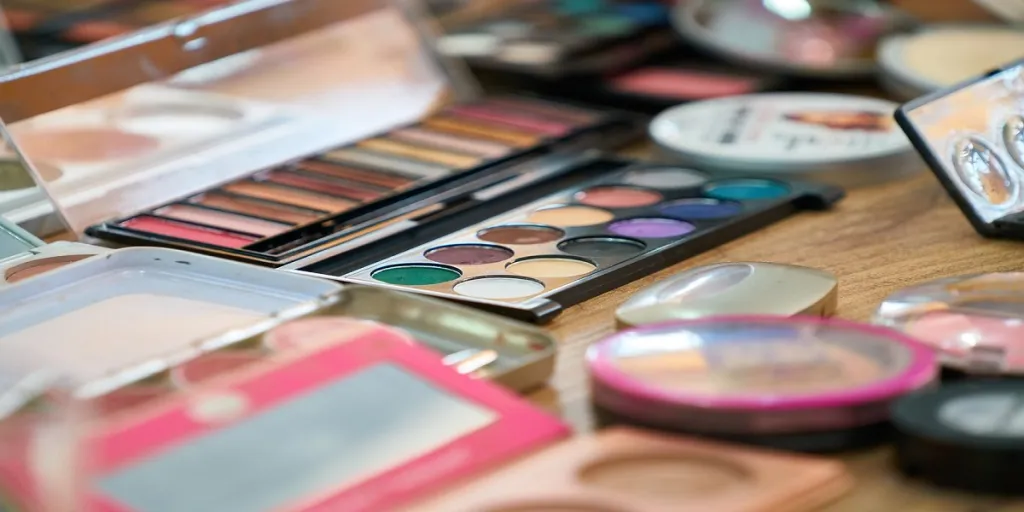Mexico is a pioneer in sustainable and ethical solutions, leveraging indigenous ingredients to formulate high-quality products. The country is home to a new wave of brands that combine local elements with innovations in science to create high-performing, multifunctional alternatives for various consumer needs. This article highlights the key trends in Mexico’s beauty market that businesses can use to appeal to a new generation of health and quality conscious buyers.
Table of Contents
The Mexican beauty industry
Mexico’s beauty products
Natural and minimalism is the way to go
The Mexican beauty industry
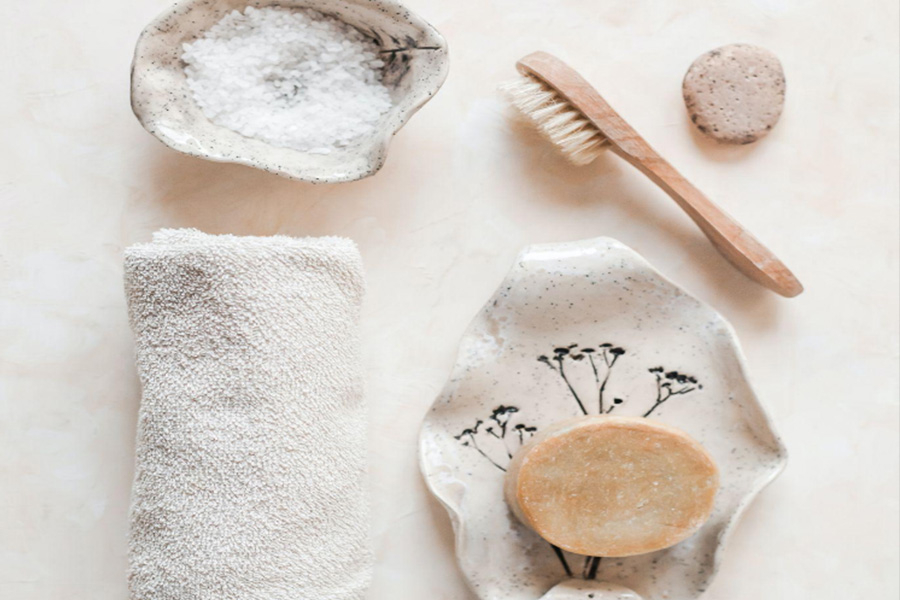
Mexico’s beauty industry has been rapidly expanding for many years. In 2017, the Mexican cosmetic market was worth US $9.75 billion, and it is expected to grow at a compound annual growth rate (CAGR) of 9.57% between 2022 and 2027. Many brands use indigenous ingredients to create products inspired by the country’s natural flora and fauna.
Many customers are also looking for brands that use ethical sourcing, hire local talent, promote fair trade, and help local farmers. The premium beauty market increased by 15% as a result of the entry of new brands catering specifically to the Latina community.
The notable categories include haircare products, including shampoos and gels, as well as hygiene products and cosmetics, including eyelashes, perfumes, and powders.
Mexico’s beauty products
Straightforward beauty care
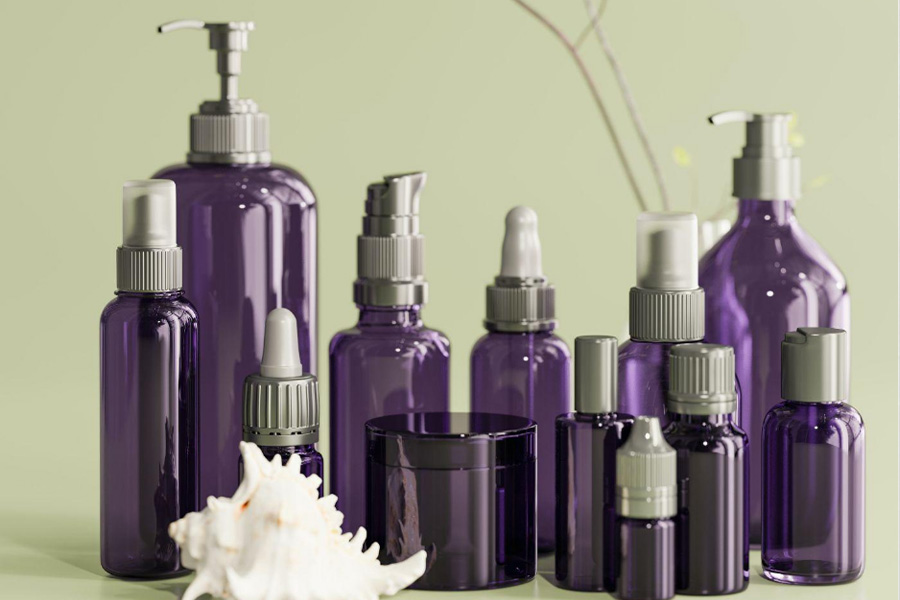
Many consumers are daunted by the abundance of skincare products on the market, as well as the elaborate routines. As a result, some companies are simplifying the skincare routine by introducing multipurpose solutions made from natural ingredients.
One Mexican brand that stands out in this regard is Raw Apothecary, known for products made of natural ingredients such as seeds, flowers, and plants that are sustainably sourced. Another important reason for this brand’s popularity is its commitment to the environment, as they are actively involved in all supply chain stages, ensuring they are cruelty-free and ethical.
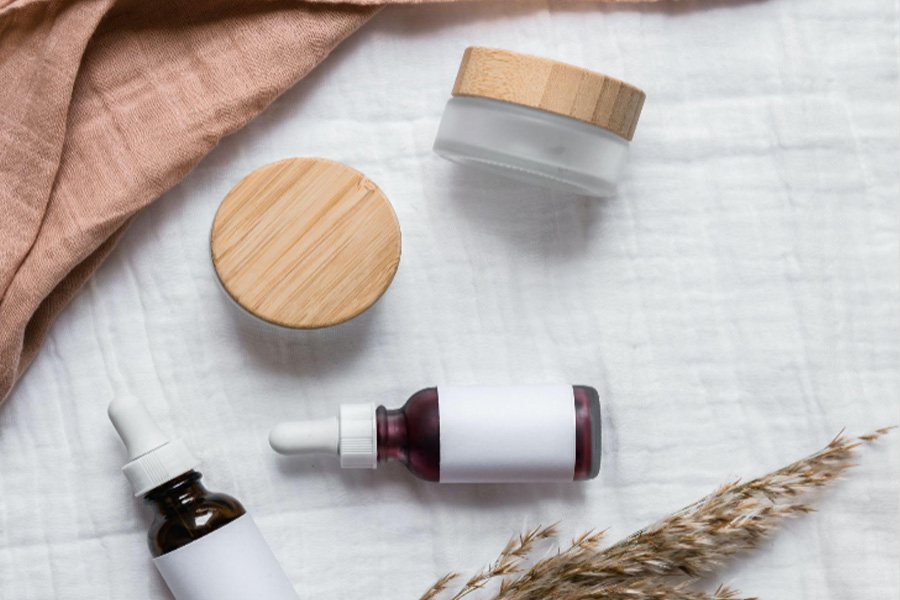
Consumers are increasingly seeking eco-friendly products and want to be part of the sustainable movement. Brands responsibly harnessing natural ingredients and combining them with scientific technology are leading the skincare space.
The success of brands such as Raw Apothecary can be attributed to a simple skincare routine that encourages consumers to take control of their regimens and reject the notion that many products are required. Furthermore, the use of minimal bottles with no labels and biodegradable packaging contributes to the cause of sustainability, and many customers prefer a simple kit with undistorted marketing and products made of chemical-free and natural ingredients.
Hair-care for Latinas
Many consumers with textured and curly hair have struggled for years to find the right products to address their hair concerns. Most brands were not educated on the various types of hair and how to address specific hair concerns until recently. Many companies like LATINA have embraced curly hair by introducing specific formulations that deal with textured hair.
Keeping up with the trends of all-natural ingredients, consumers are looking for high-quality products free from harmful chemicals for curly hair. The products should be available in different formats to appeal to a broader audience with varying styling preferences. Some of the most popular items are moisturizing hair oils with replenishing and antistatic properties for long and short-term care.
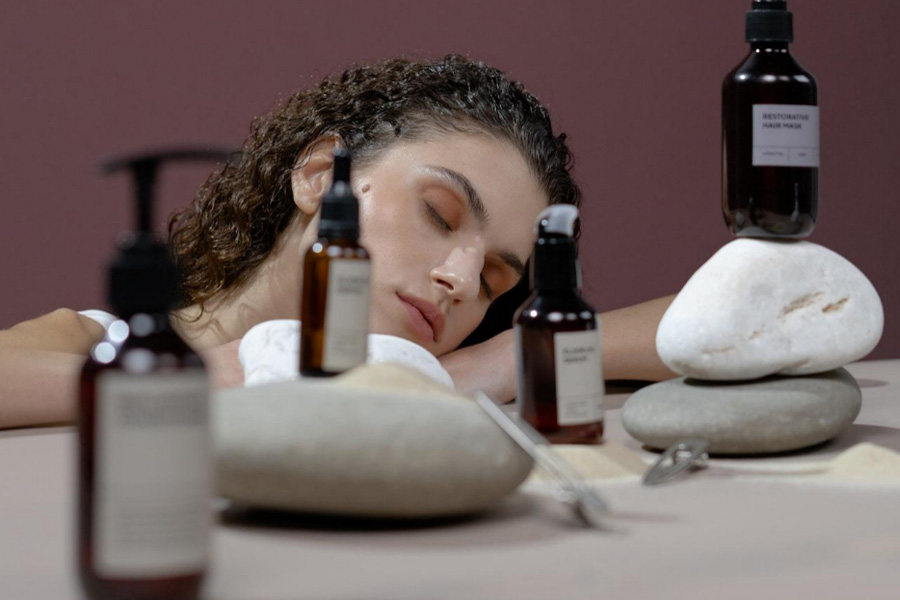
Popular anti-frizz products include gels, mists, oils, shampoos, and creams containing vitamins E, C, K, D, and A. As consumers become more aware of the ingredients, they demand products free of sulfates, parabens, silicones, paraffin, and waxes.
Brands like LATINA are dominating the market because of a previous gap in hair care for textured hair. These brands have not only helped bring awareness to curly and textured hair concerns but are also fostering a sense of community and demanding personalization for different consumers.
Exotic perfumes
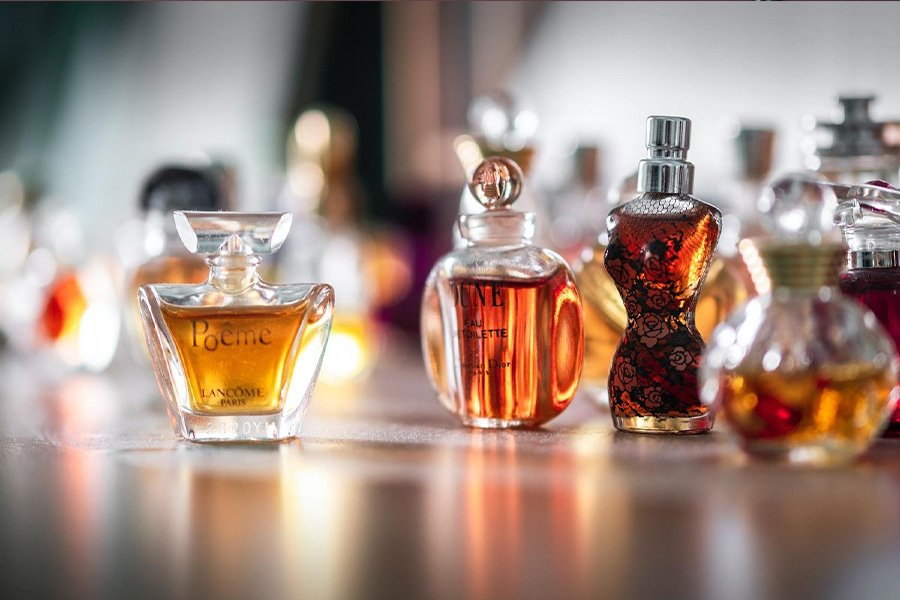
Perfumes made with indigenous ingredients that celebrate Mexican florals and botany and crafted with sustainable design are gaining popularity. Aside from the zesty scents, there is a strong emphasis on the packaging, which encourages upcycling and reuse.
Many bottles are handcrafted to create attractive designs that can also be used as interior decor. For example, Xinu perfumes, a leading Mexican brand, create keepsake bottles with walnut wood top lids and hourglass bottoms, striking a perfect balance between luxury and minimalism.
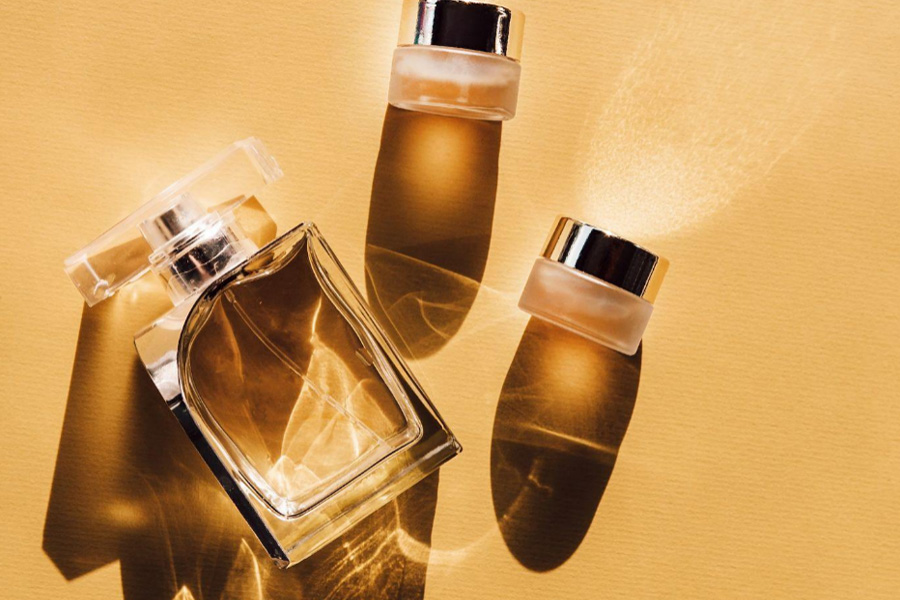
There is a high demand for perfumes made from traditional Mexican ingredients because many people are deeply connected to their country and proud of their heritage. This is evident in the Xinu perfume, which uses Monstera, a well-known Mexican plant, to create a fresh scent reminiscent of the streets of Mexico.
Another indicator of success in today’s market is the use of biodegradable materials in packaging. Customers are shunning plastics in favor of eco-friendly alternatives such as paper or recycled materials.
Brands that source ethically and offset resource usage by planting trees on a regular basis see massive market success. The Mexican brand Xinu is very much on trend, as it has a segment called reuse, in which perfume bottles can be reused as an incense holder or a vase.
Skincare-infused makeup
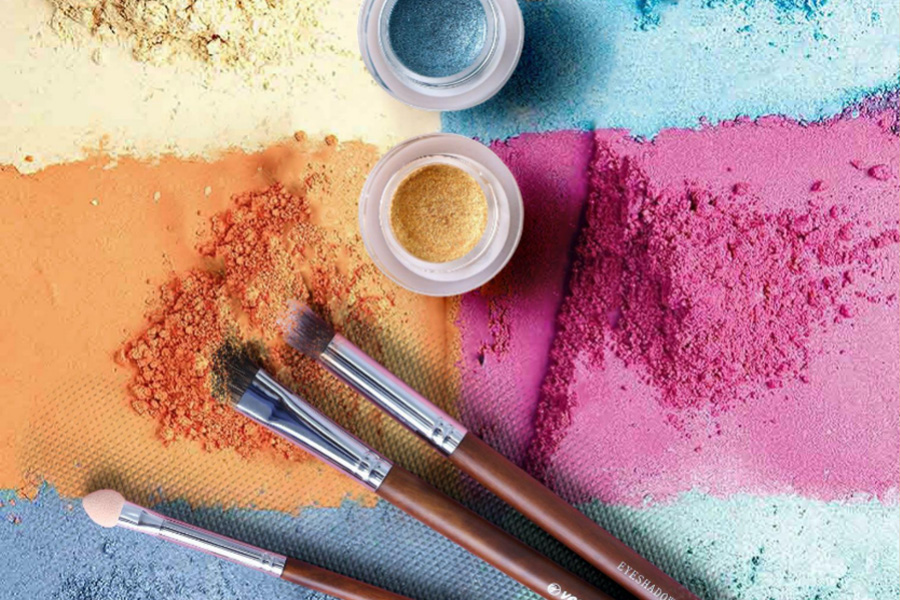
Many customers are looking for skincare-infused makeup made from sustainable and biodegradable ingredients that nourish and replenish the skin. Ahal, for example, uses traditional Mexican herbs to create cosmetics free of harmful chemicals that are kind to the skin and the environment.
Skin-care-infused makeup contains various nutrients, vitamins, and antioxidants to combat common skin issues such as acne and dryness. Cosmetics free of fragrance, synthetics, and hypoallergenic ingredients that are made with all-natural ingredients are popular in this market.
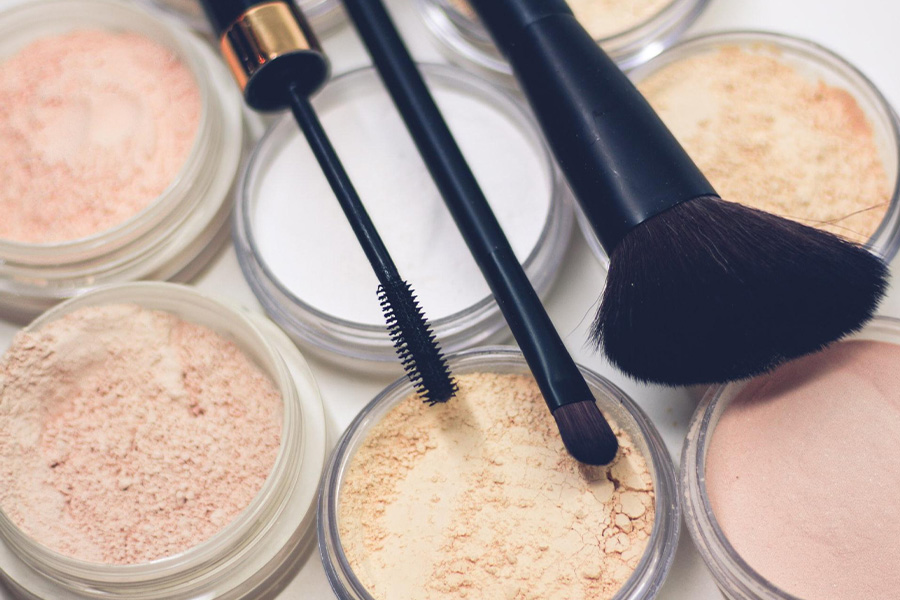
Transparency and traceability are added benefits because they allow consumers to track each item individually to ensure quality and freshness. The multi-purpose makeup takes a minimalistic approach, which is ideal for customers looking for simplified skincare routines. Ahals color stick, for example, provides a light tint for the cheeks while also nourishing the skin with vitamins, tapioca, and marula oil.
When shopping for makeup sourced from Mexico, check to see if the ingredients are sourced locally by partnering with small-scale local producers. This appeals to conscious buyers who would appreciate the recognition of the underrepresented communities and the attempts to make room for small businesses.
Personal care products made locally
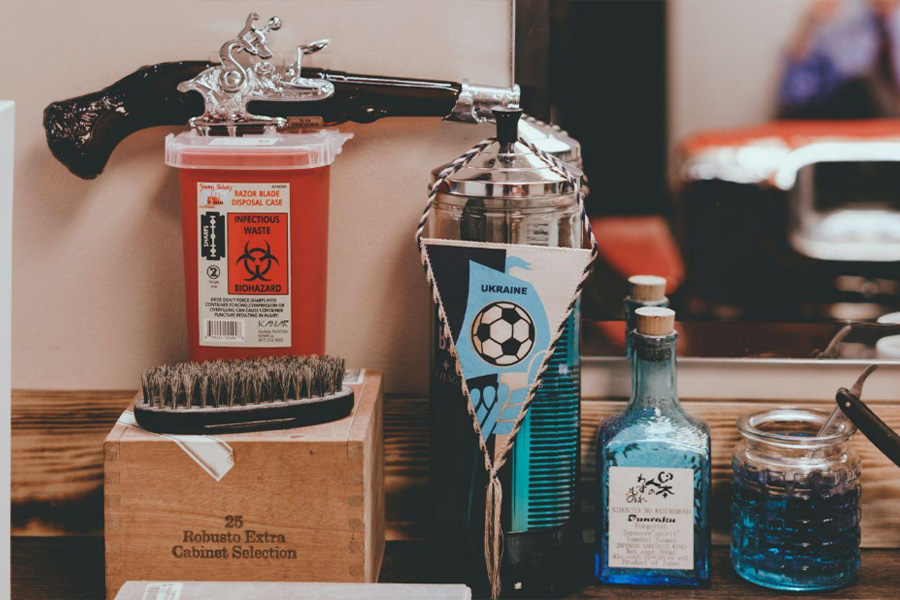
Personal care products made from eco-sustainable materials and with a strong emphasis on supporting the local community and economy are selling well in the market. Many Mexican consumers appreciate products made entirely of Mexican raw materials and talent.
Rayito de Lunha, for example, has dominated the market due to its collaboration with Mexican producers and through its use of sustainable resources. According to the website, the range is manufactured in Mexico using local ingredients such as avocado sourced from local farmers. The range of personal care products includes male grooming, facial hair, hair styling, and female lip and skin care, among others.
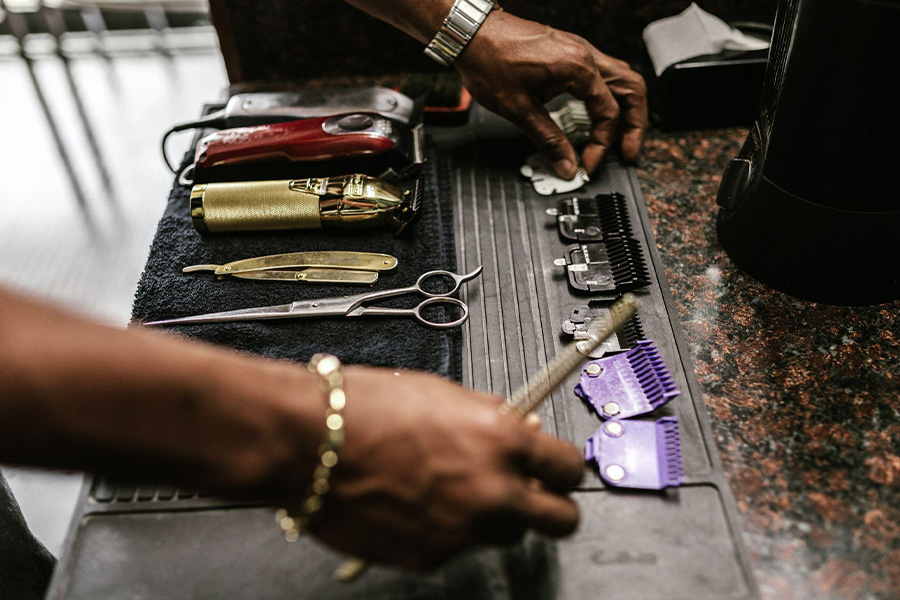
Rayito de Lunha has a return program where consumers can return all glass bottles and containers that get recycled, further strengthening the sustainable cause. Consumers, particularly millennials, are drawn to such brands because of their noticeable environmental commitment.
Natural and minimalism is the way to go
Customers want clean, natural beauty products free of chemicals, sulfates, and parabens. To demonstrate their sustainable and ethical business practices, many Mexican brands take transparency to the next level by revealing the entire supply chain process.
Mexico is a diverse country with a wide variety of flora and fauna. Many brands are looking to this underserved market to create cosmetics made from indigenous ingredients that cater to previously untapped demographics.
Brands that work with local communities and support local producers do well in the market. Many customers want to be part of the sustainable movement and like to do so by supporting their local communities.
Companies that combine traditional ingredients and ancient beauty regimens with modern science are gaining traction. Many customers want clean cosmetics that contain nourishing ingredients to keep their skin healthy and hydrated.
